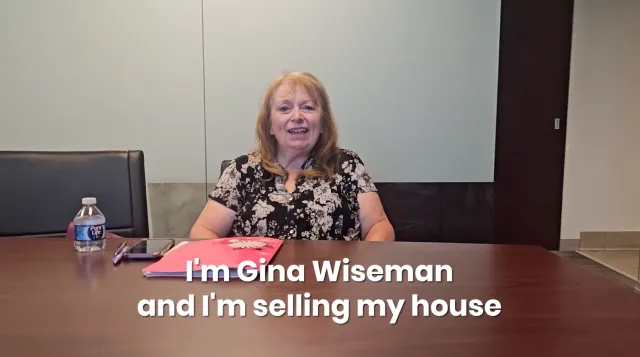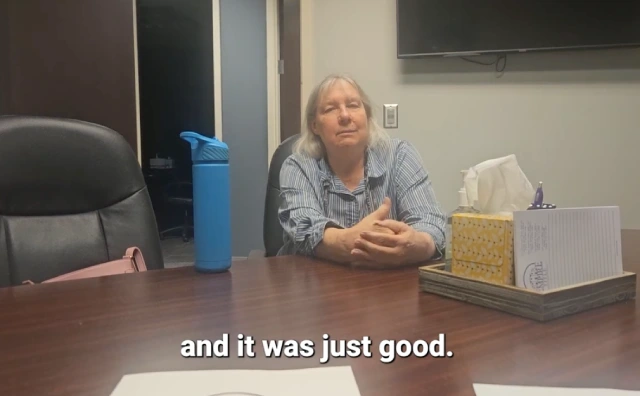Probate can be a complex and emotionally challenging process, especially during a time of grief. Understanding the steps involved and how to navigate them can ease some of the burden. Whether you’re an executor or a beneficiary, knowing how probate works in Colorado Springs can help you make informed decisions and avoid unnecessary stress. If you also need to sell a probate home in Colorado Springs, Purple Mountain Home Buyers provides fast, respectful solutions to help families move forward.

What Is Probate?
Probate is the legal process through which a deceased person’s estate is settled and distributed. This process includes verifying the deceased’s will, appointing an executor or personal representative, paying debts and taxes, and distributing remaining assets to rightful heirs. In Colorado Springs, this process typically takes place in El Paso County Court and can vary depending on the estate’s size and complexity.
The Probate Process in Colorado Springs
The process generally follows these key steps:
- Filing a Petition: The executor or personal representative files a petition with the court to open probate. If a will exists, it’s submitted along with the filing.
- Notification: All heirs and beneficiaries are notified, and creditors are given the opportunity to file claims against the estate.
- Inventory and Appraisal: The executor creates an inventory of the deceased’s assets—real estate, bank accounts, investments—and determines their value through appraisal.
- Paying Debts and Taxes: The executor uses estate funds to settle outstanding debts, funeral costs, taxes, and any other liabilities.
- Distributing Assets: Once obligations are cleared, assets are distributed according to the will or, if none exists, state intestacy laws.
- Closing the Estate: The executor files a final accounting with the court, and once approved, the estate is officially closed.

Ready to Sell your Probate Home?
When Is Probate Necessary?
Probate is required when someone dies owning property or assets solely in their name without designated beneficiaries. However, not every asset must go through probate. Certain items can transfer automatically depending on ownership or documentation.
- Jointly Owned Property: Assets held jointly with rights of survivorship transfer directly to the surviving owner.
- Beneficiary Designations: Life insurance policies, retirement accounts, and payable-on-death accounts bypass probate.
- Trusts: Assets placed in a living trust avoid probate entirely and follow the trust’s terms for distribution.
Simplified Probate in Colorado
Colorado offers simplified probate procedures for smaller estates. If the total estate value is $74,000 or less (as of 2024) and excludes real property, heirs can use an affidavit to claim their inheritance. This process avoids full probate and is often used when the deceased’s estate primarily consists of bank accounts, vehicles, or personal property.
Avoiding Probate Altogether
Many Colorado Springs residents plan ahead to prevent the need for probate. Common strategies include:
- Creating a Living Trust: Transferring property into a living trust allows it to be managed during one’s lifetime and distributed privately after passing.
- Joint Ownership: Property held with survivorship rights transfers automatically to the co-owner.
- Updating Beneficiaries: Keeping beneficiary information current ensures designated recipients receive assets directly.
We Buy Probate Homes in Colorado Springs
For many families, one of the biggest challenges during probate is managing or selling inherited real estate. Properties may need repairs, remain vacant, or have multiple heirs involved. Purple Mountain Home Buyers helps families sell probate homes in Colorado Springs quickly and without complications. We buy houses directly for cash, allowing you to avoid showings, repairs, or agent fees. Whether the estate is in the middle of the process or ready to close, our team can step in and handle the details.
Why Families Choose Purple Mountain Home Buyers
- No repairs or cleanouts required—sell as-is
- Fast, no-obligation cash offers within 24 hours
- We coordinate with probate attorneys and heirs
- Local Colorado Springs buyers who understand the process
Sell on Your Timeline
We understand probate can take time. That’s why we work around your schedule. Whether you’re early in the process or ready to sell, we can adjust the closing date to fit your needs. To start, call (719) 301-2644 or fill out our online form for a confidential, no-pressure offer.
Get Probate Help Now
Navigating probate in Colorado Springs can be complicated, but understanding your options makes the process easier. Whether you’re managing a loved one’s estate or looking for a way to sell a probate home fast, Purple Mountain Home Buyers is here to help. We provide fair cash offers and compassionate service for families across El Paso County. Call (719) 301-2644 or fill out our online form to get started today.



